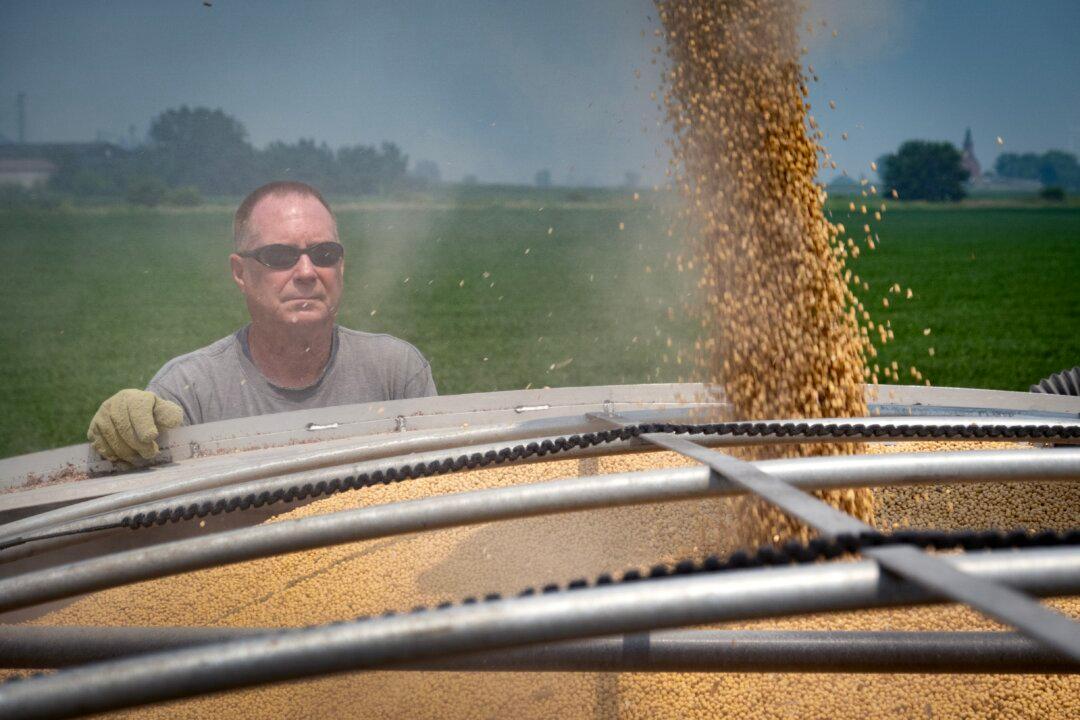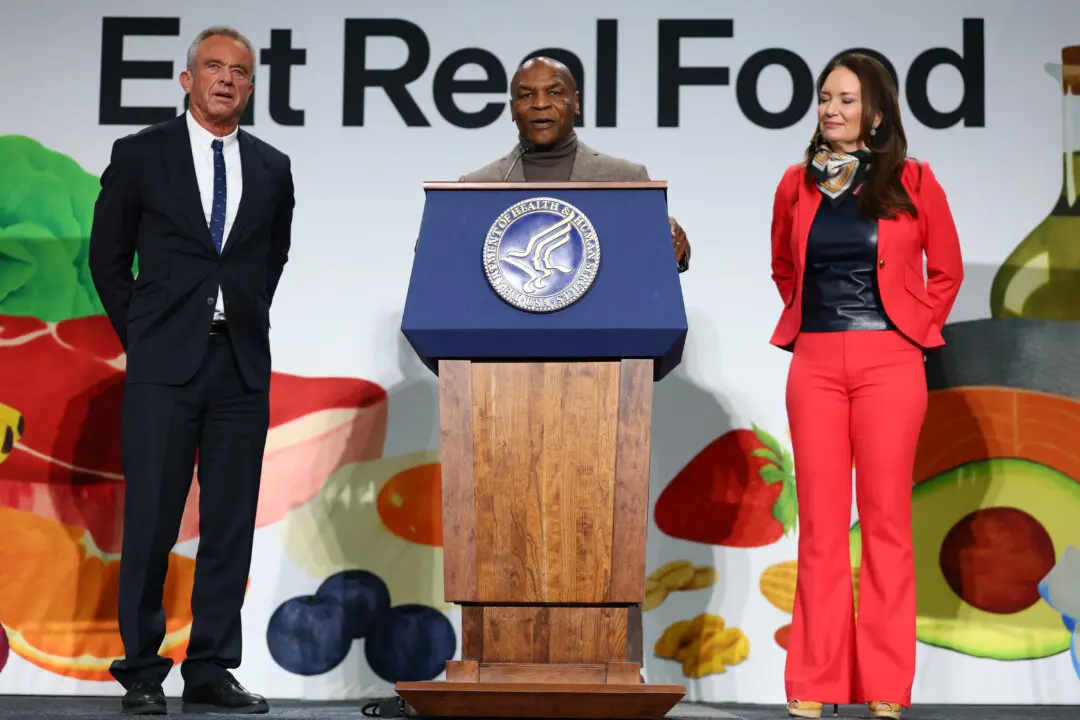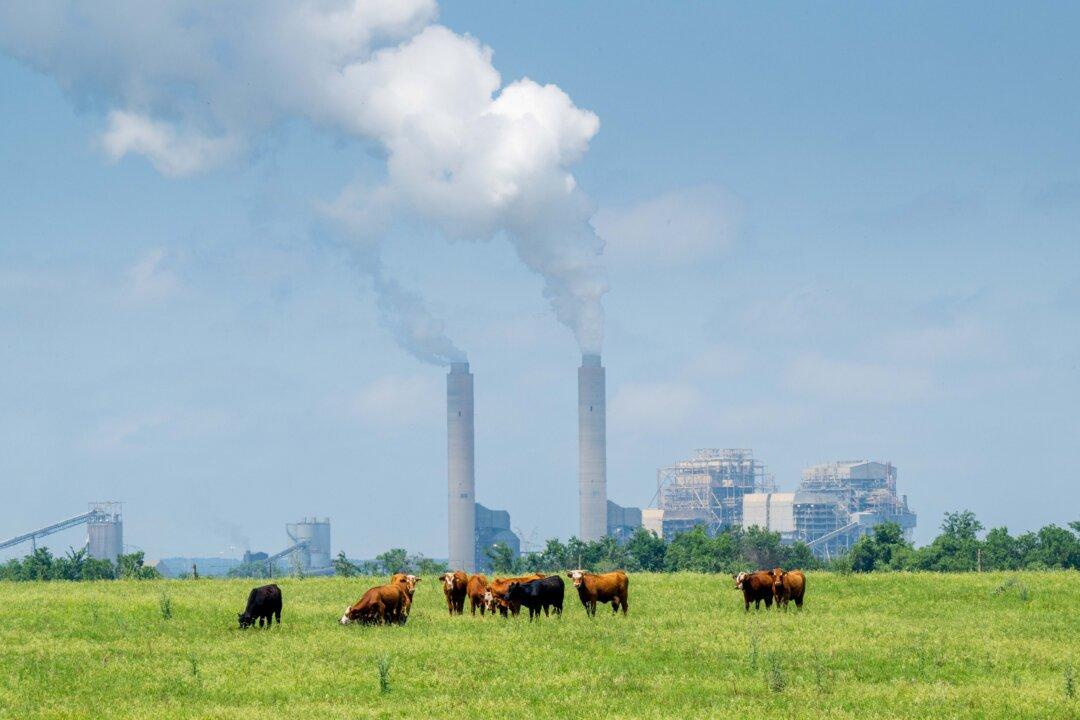Commentary
I have been beating this drum for years. We traded resilience for fragility in U.S. farming. After the Green Revolution, we abandoned the way our grandparents farmed with rotating crops, integrated livestock, and multiple income streams on one piece of land. Instead, we bought into the “go big or get out” model. Whole landscapes that once grew diverse crops and supported families have been plowed under and replaced with endless rows of monocrops. One of the biggest of these is soybeans.





